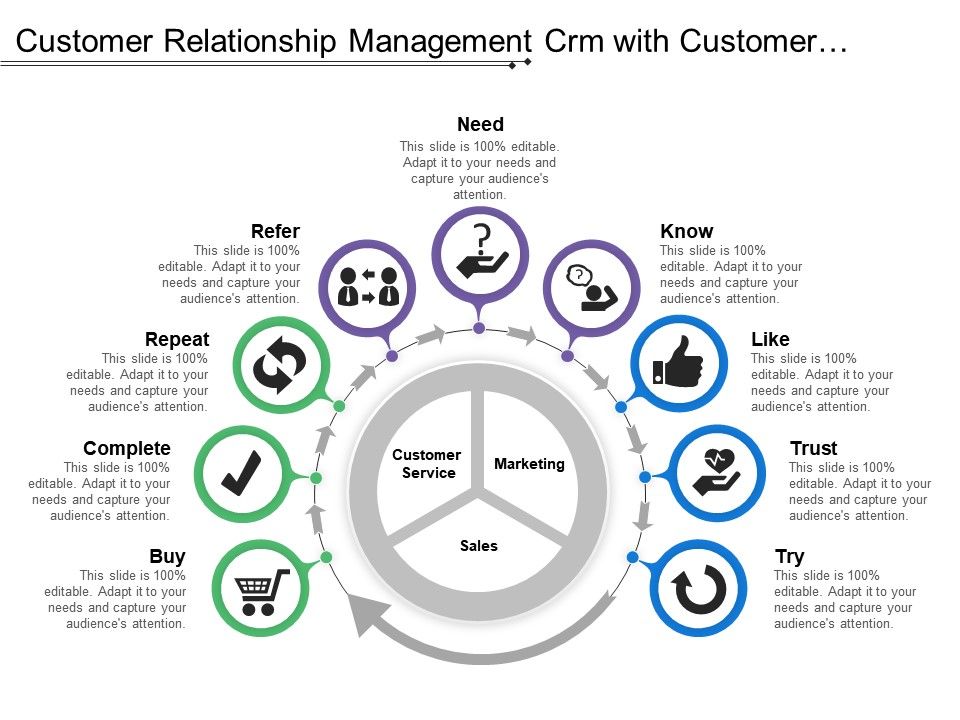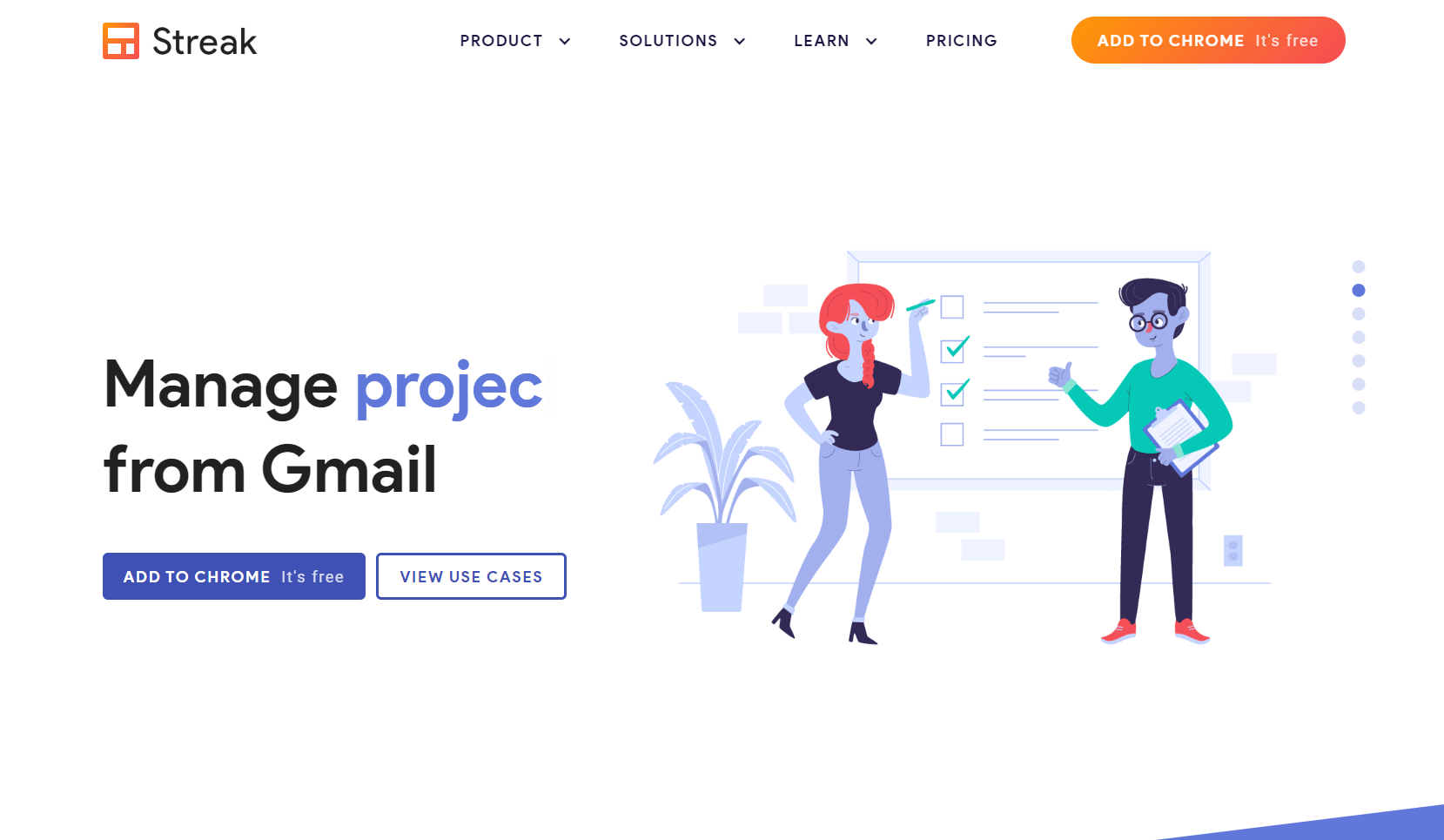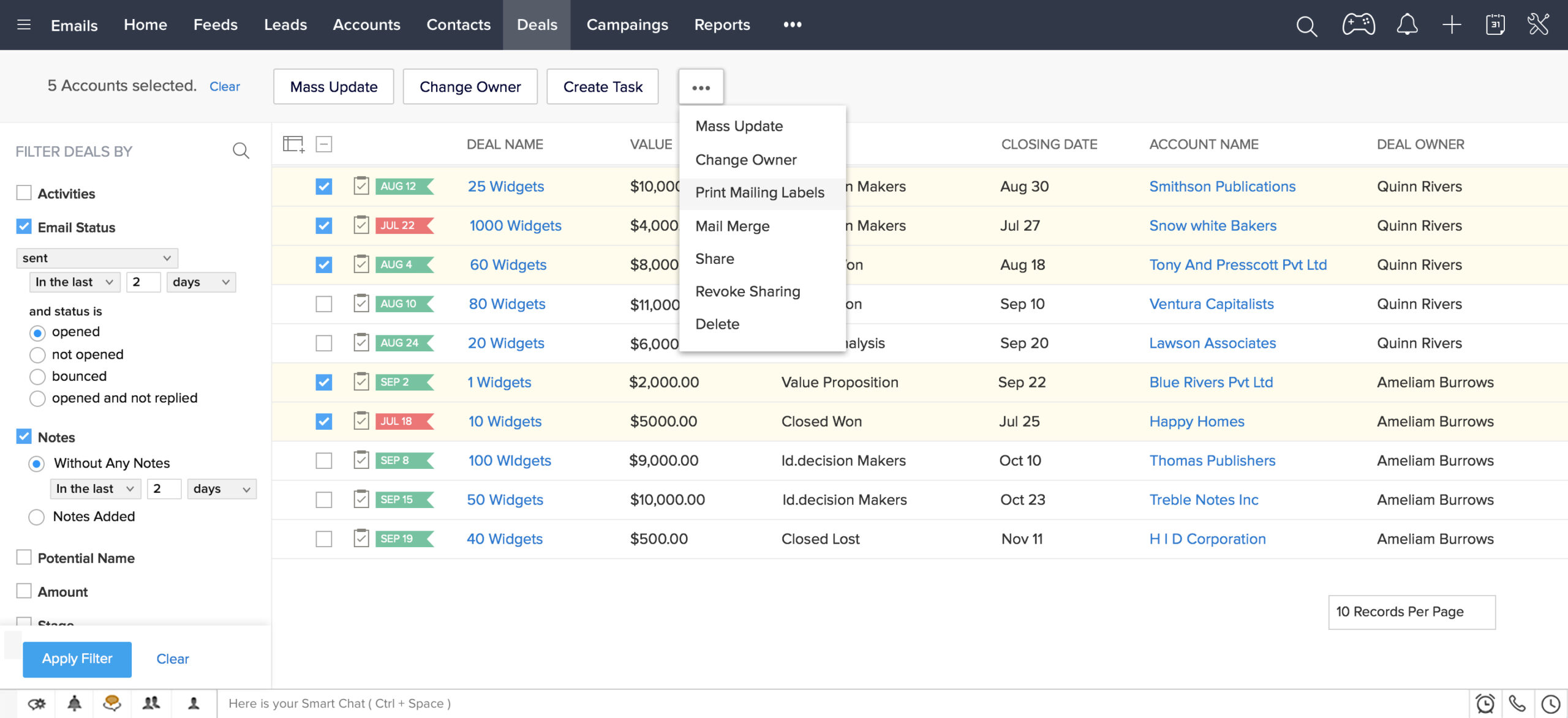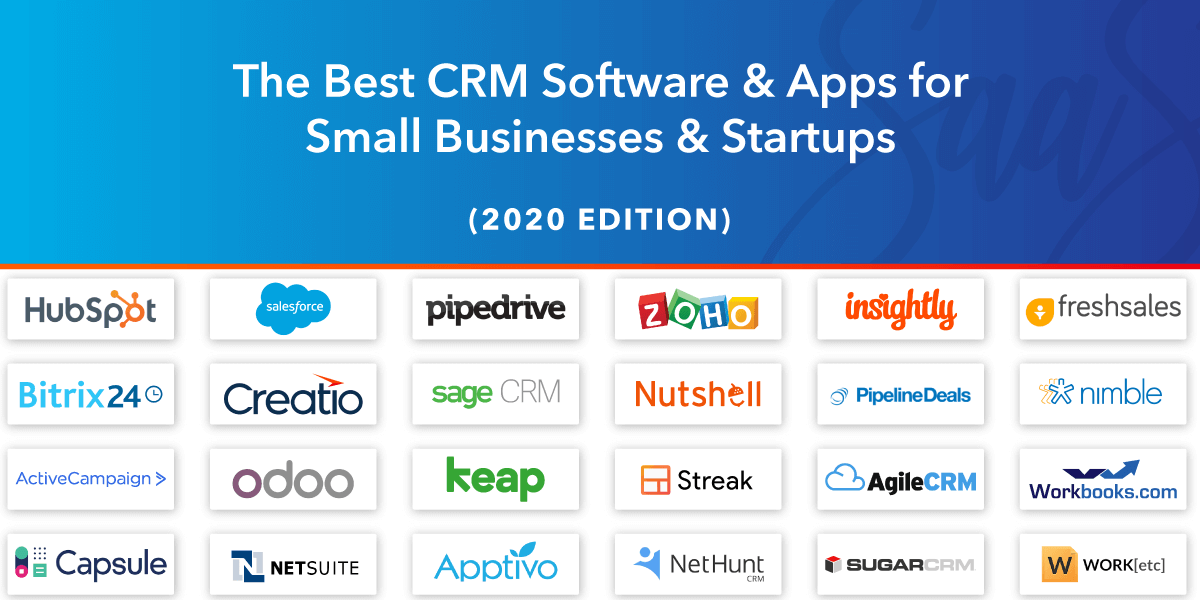Salesforce vs HubSpot CRM Pricing Comparison: Which Offers Better Value in 2025?
Introduction
Choosing the right CRM is a big decision for any business. Two of the most popular names in the industry—Salesforce and HubSpot—offer powerful platforms, each with its own pricing structure, strengths, and ideal audience.
But when it comes to Salesforce vs HubSpot CRM pricing, which one truly offers better value in 2025?
In this comparison guide, we’ll break down pricing tiers, features included at each level, and which type of business each CRM is best suited for.
Overview: Salesforce vs HubSpot
| Feature | Salesforce | HubSpot |
|---|---|---|
| Founded | 1999 | 2006 |
| Focus | Enterprise CRM | SMB to Enterprise CRM + Marketing |
| Free Plan | No | Yes |
| AI Features | Einstein AI | ChatSpot, predictive AI |
| Pricing Model | Per user/month | Per tier/month (can include multiple users) |
| Ideal For | Enterprises, large teams, B2B | Startups, SMBs, B2C, scaling businesses |
HubSpot CRM Pricing (2025)
HubSpot follows a freemium model. Their free CRM includes essential tools, while paid tiers unlock advanced features.
✅ Free CRM
-
$0/month
-
Unlimited users
-
Contact management, pipelines, email tracking, reporting
-
Great for: Startups, solopreneurs, and small businesses
💼 Starter Suite
-
Starts at $20/month (2 users included)
-
Includes: Email marketing, automation, goals tracking, advanced support
🚀 Professional Suite
-
Starts at $800/month
-
Includes: Marketing automation, workflows, custom reporting, campaign management, A/B testing
🏢 Enterprise Suite
-
Starts at $3,600/month
-
Includes: Custom objects, advanced analytics, team permissions, predictive AI, multi-touch revenue attribution
HubSpot Pros:
-
Free forever plan available
-
Unified platform (marketing, sales, support)
-
Fast to deploy, beginner-friendly
HubSpot Cons:
-
Can get expensive quickly as features are added
-
Advanced features locked behind high-tier plans
Salesforce CRM Pricing (2025)
Salesforce pricing is modular and per-user-based. The most common plan for small to mid-size businesses is Salesforce Sales Cloud.
👤 Essentials
-
$25/user/month
-
Contact & opportunity management, mobile app, email integration
🏢 Professional
-
$80/user/month
-
Lead scoring, collaborative forecasting, customizable reports
🚀 Enterprise
-
$165/user/month
-
Advanced customization, workflow automation, API access
🧠 Unlimited
-
$330/user/month
-
Premier support, AI-powered insights (Einstein), full platform access
Salesforce Pros:
-
Extremely customizable
-
Scales to enterprise needs
-
Powerful reporting and automation
Salesforce Cons:
-
No free plan
-
Setup and customization often require developer/admin help
-
Can be overwhelming for smaller businesses
Feature Comparison: HubSpot vs Salesforce
| Feature | HubSpot CRM | Salesforce CRM |
|---|---|---|
| Free Plan | ✅ | ❌ |
| Ease of Use | ⭐⭐⭐⭐ | ⭐⭐⭐ |
| Customization | ⭐⭐⭐ | ⭐⭐⭐⭐⭐ |
| Email Marketing Built-in | ✅ | ❌ (via Marketing Cloud) |
| Sales Automation | Available in Pro+ | Available in Pro+ |
| AI Features | ChatSpot, predictive scoring | Einstein AI (Enterprise+) |
| Integrations | Native + Zapier + API | Extensive via AppExchange |
| Reporting | Basic (Free), Advanced (Paid) | Advanced (Paid) |
| Ideal For | SMBs, startups, marketers | Enterprises, sales teams, complex workflows |
Which CRM is More Affordable?
👉 HubSpot wins on affordability for small businesses and startups:
-
Free forever plan means zero entry cost
-
Scales gradually as needs grow
-
You can use it for CRM + email + marketing in one interface
👉 Salesforce becomes more cost-effective for large enterprises:
-
Highly customizable
-
Ideal for complex B2B sales processes
-
Offers unparalleled flexibility at a higher price point
Use Case Scenarios
✅ Choose HubSpot CRM if:
-
You’re a startup or small business with a limited budget
-
You want CRM + marketing automation in one tool
-
You need fast deployment without technical complexity
✅ Choose Salesforce CRM if:
-
You’re a growing enterprise with multiple teams and roles
-
You need deep customization, automation, and advanced reporting
-
You’re ready to invest in configuration, training, and integrations
Conclusion
In the battle of Salesforce vs HubSpot CRM pricing, there’s no one-size-fits-all answer—it depends on your business stage, budget, and priorities.
-
If you’re just starting out and want something affordable and easy to use, HubSpot is the clear winner.
-
If you’re a larger organization with complex sales needs and the budget to support a full-scale CRM, Salesforce offers unmatched power.
Make sure to take advantage of free trials and demos before making your decision. Your CRM should empower your growth—not slow it down.





